Celebrating almost half a century in business is an achievement entrepreneurs dream of.
For Nicola Cerrone, founder of leading Australian jewellery house Cerrone, he’s doing just that.
While he’s marking this career milestone, the occasion serves as a reminder of how far he’s come, and how much left there is to still achieve.
“For me, it doesn’t feel like it’s been 45 years,” Nicola says.
“I still feel young and energetic, and that there’s still so much to do because we’re no longer just dealing with Australia - we’re dealing with the industry on a global level.”
The master jeweller and Italian migrant’s bespoke pieces today adorn royal icons, celebrities and business icons across the world.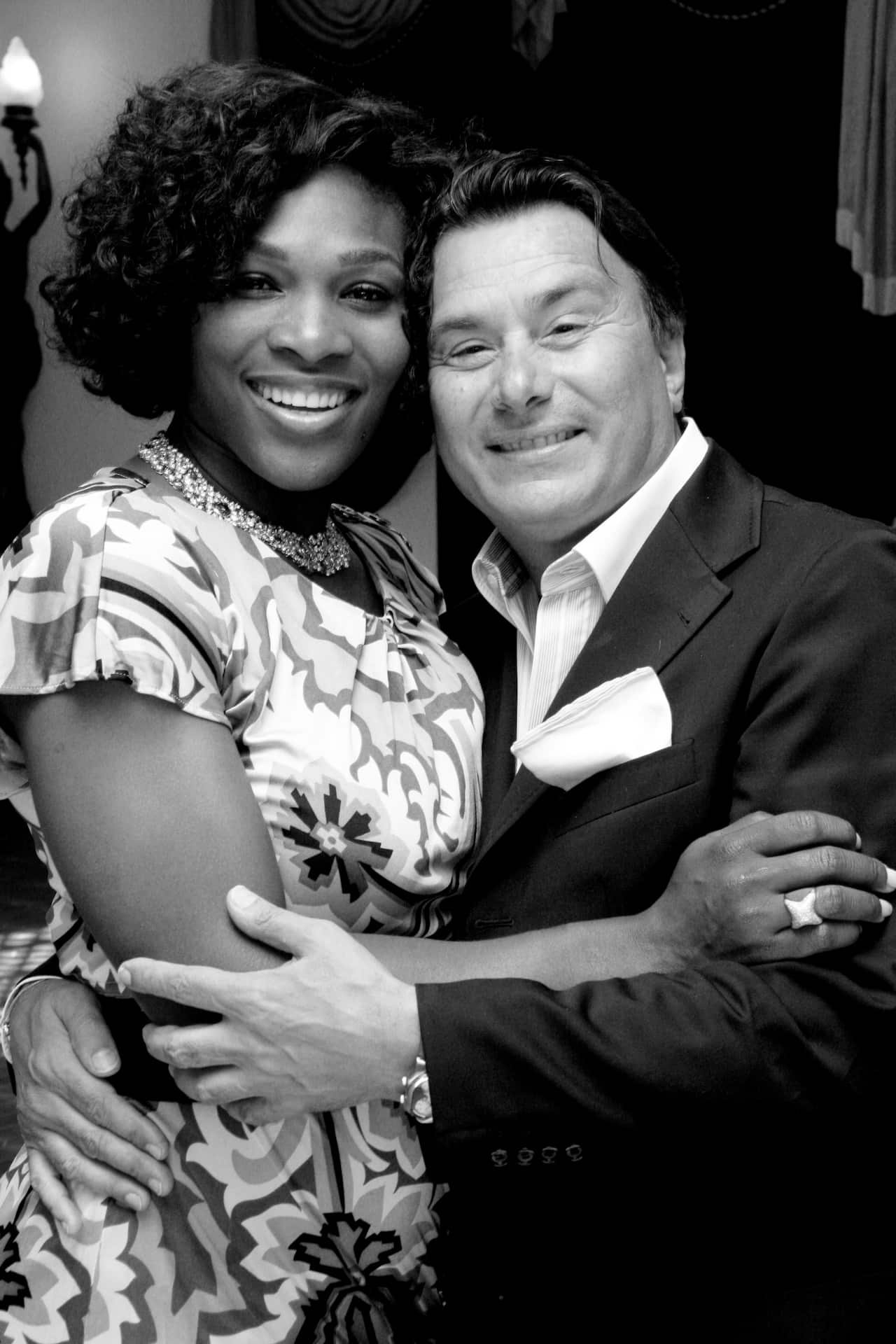 Each piece is hand-made from raw Australian materials in Australia, by Australian staff.
Each piece is hand-made from raw Australian materials in Australia, by Australian staff.

Serena Williams is among many sports stars and other celebrities who have worn Nicola Cerrone's pieces. Source: Supplied
“We’ve got the best diamonds in the world: the best pearls, sapphires and all the minerals you can think,” Nicola says.
Since starting 45 years ago, Nicola has grown from living in a small terrace house with a workshop downstairs, to building an empire with three shopfronts in Sydney and Melbourne.
When asked what his favourite piece is, he gives a diplomatic response.
"My favourite piece is the one I'm going to do today. The one I did yesterday is past, it’s gone, it’s finished."
"Tomorrow is another challenge to do another beautiful piece of jewellery, and to do it better than yesterday.”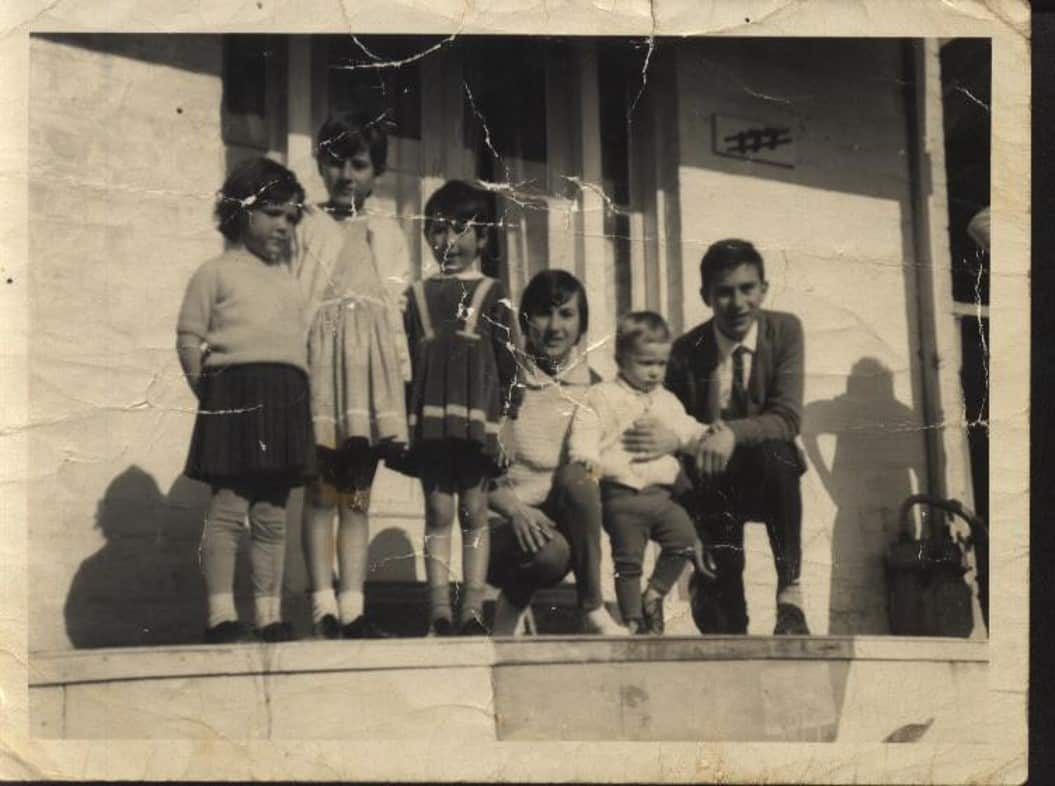

Nicola (far right) with his family. (Supplied.) Source: Supp
Humble beginnings
Before Nicola’s international fame came, Nicola recalls a difficult new life in Australia as migrants.
At the age of 12, Nicola and his family left their hometown of Lanciano along Italy’s east coast and came to Australia in 1962.
“I arrived on a Tuesday and my father found me a job on the Wednesday,” he said.
He worked in a local fruit shop, cleaning floors and stacking fruit while juggling school work, which he later realised wasn’t for him.
He says back in Italy, learning a trade was very important, so he consulted his father who led him into jewellery making.
He soon found a German migrant who had little tolerance for mistakes but “is one of the best jewellers I’ve ever met still” who became his master.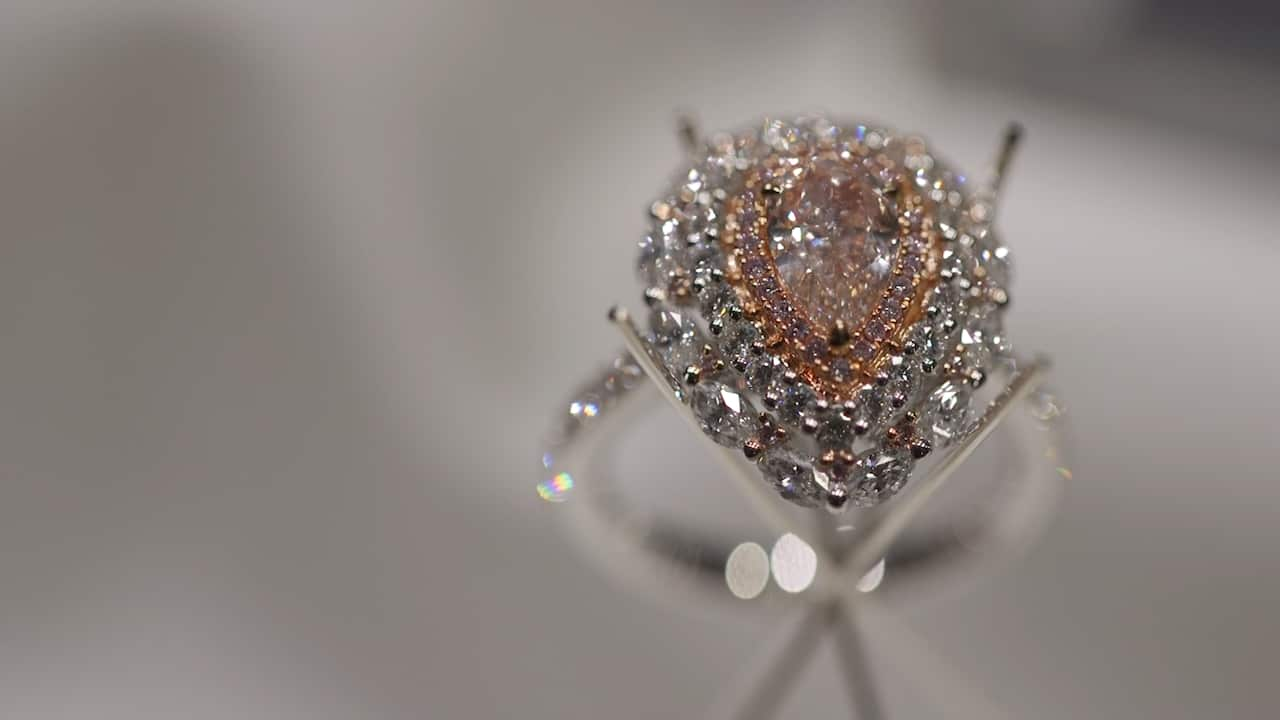 “Those four years were probably one of the hardest times in my life… [but] I owe my life and success to him.”
“Those four years were probably one of the hardest times in my life… [but] I owe my life and success to him.”

Nicola Cerrone polished and repaired people's jewellery for free to understand the feel of different materials. (Supplied.) Source: Supplied
“Once he threw a ruler at me and I got three stitches in my head because I made a mistake… I mean this guy was a perfectionist and he made me realise how hard the road is to be the best.”
After finishing his apprenticeship, he was surprised to find his mentor showed him the door and didn’t want to keep him.
So he put a $600 deposit on a house and travelled the world for eight months.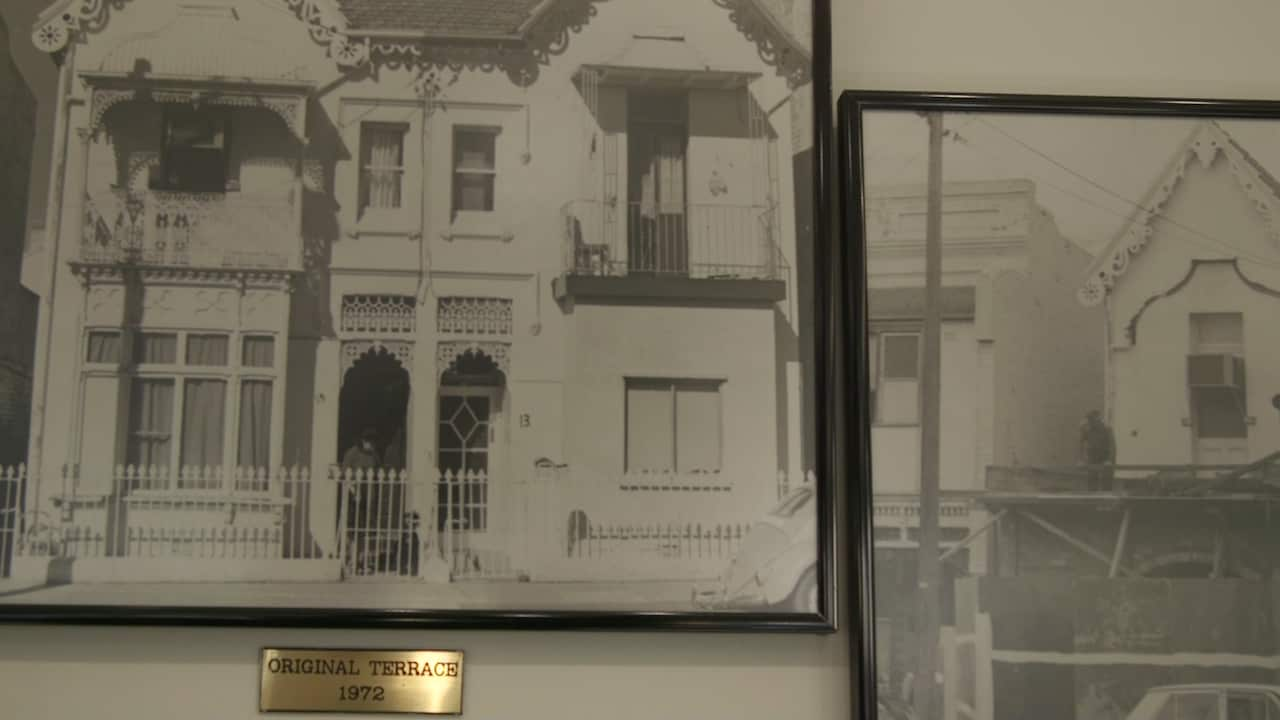 “When I came back I still have something tangible in the house, so I went to the bank and asked for $2000 to start my own business,” he says.
“When I came back I still have something tangible in the house, so I went to the bank and asked for $2000 to start my own business,” he says.

Nicola's workshop grew from a terraced house in Leicchardt to one big workshop built inplace of five terraced lots. (Supplied.) Source: Supplied
With enough money to buy gold and diamonds, he started his own collection, putting a twist on designs where his bold pieces soon became a trademark.
“Everything was imported from Europe and was perfect, so to be different I had to make things crooked. People liked it because they were so used to the same thing for years,” he says.
Nicola admits he was sometimes was laughed at, but it was what drove him to success and made people want to buy his entire collection.
The business grew so large, his flagship store in Sydney’s suburb of Leichhardt transformed into a hub for more than 50 employees.
20 years ago, he conquered the industry by winning the coveted De Beers Diamonds International Award for a piece he designed. The piece contained 559 diamonds.
“I fell to the floor and was screaming, ‘my gosh, my master must’ve been good!’,” he says.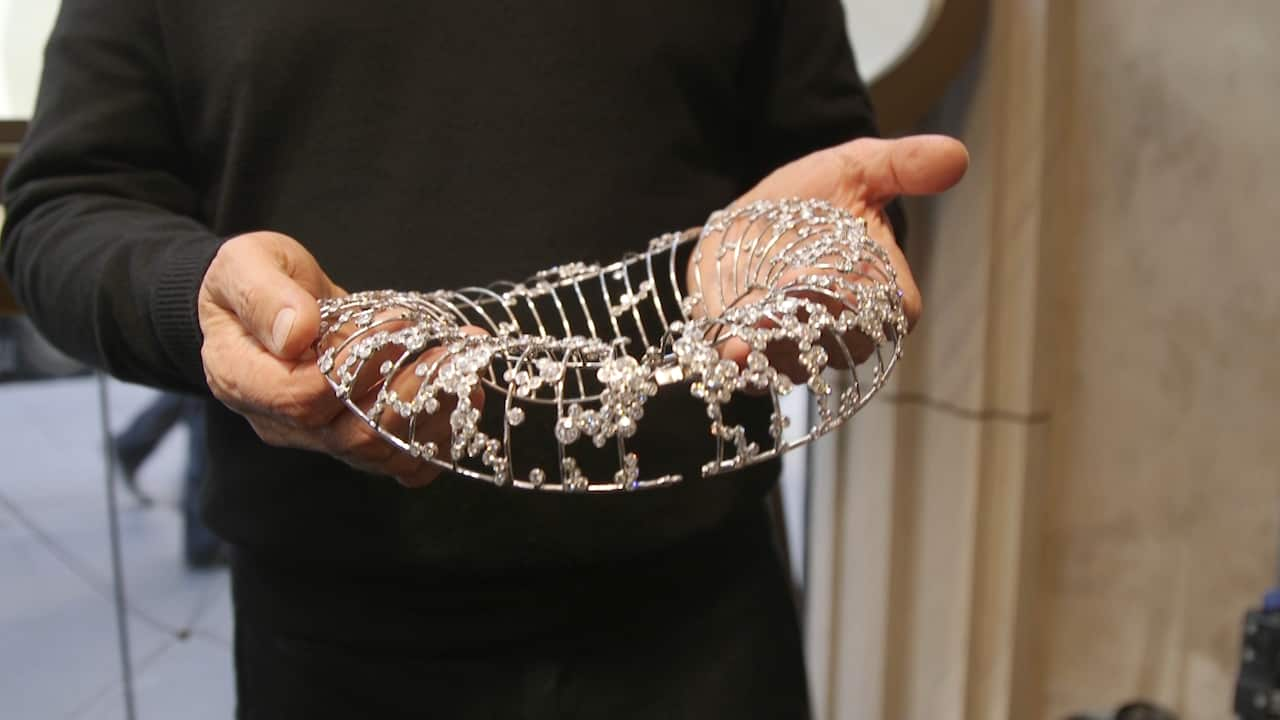

The Elizabethan ruff that won Cerrone the De Beers Diamonds International Award in 1998. Source: Suppplied
Moving on from heartbreak
Working with expensive materials is risky and dangerous.
It’s something Nicola knows about all too well.
“We had five robberies here,” Nicola says at his flagship store.
“They really destroyed my shop and virtually cleaned me up.”
He says the pieces his jewellers worked to perfect were all ruined and littered the streets in the aftermath.
After each blow, Nicola grew more determined to rebuild the business again.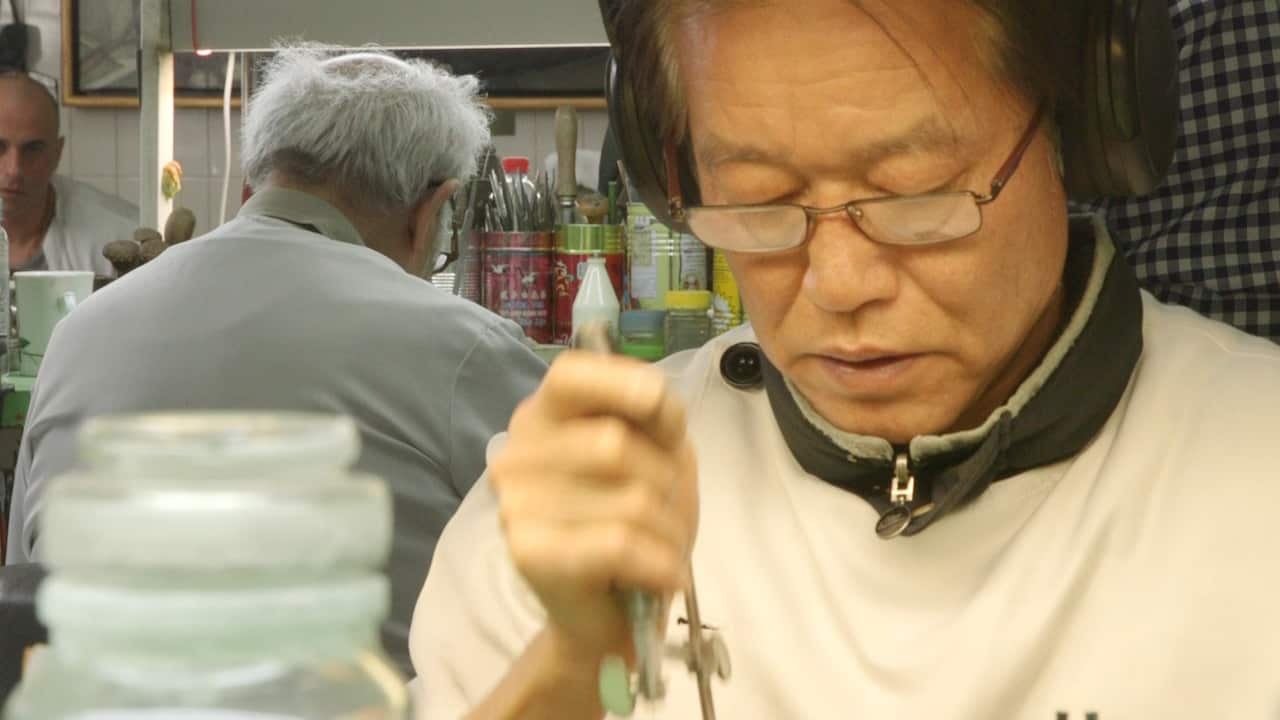 By the third robbery, his insurance companies backed away, labelling him “a risk case”.
By the third robbery, his insurance companies backed away, labelling him “a risk case”.

Nicola employs people from all ages and backgrounds including a 76-year-old. Source: Supplied
“That was the worst part and they didn’t even want to know me anymore so I had to take my own risk and my own responsibility with everything I did,” he said.
He says his family was more devastated by the setbacks and soon the family business was considering closing down and looking.
“Even my father made me realise that it’s not worth continuing after five robberies… It was one of the worst, difficult times of my life,” Nicola says.
Luckily owning his own property meant Nicola was able to refinance and bounce back from disaster, installing solid iron bars to guard his business against similar setbacks.
While Nicola started this business, his wife and two daughters now play a more active role in running Cerrone.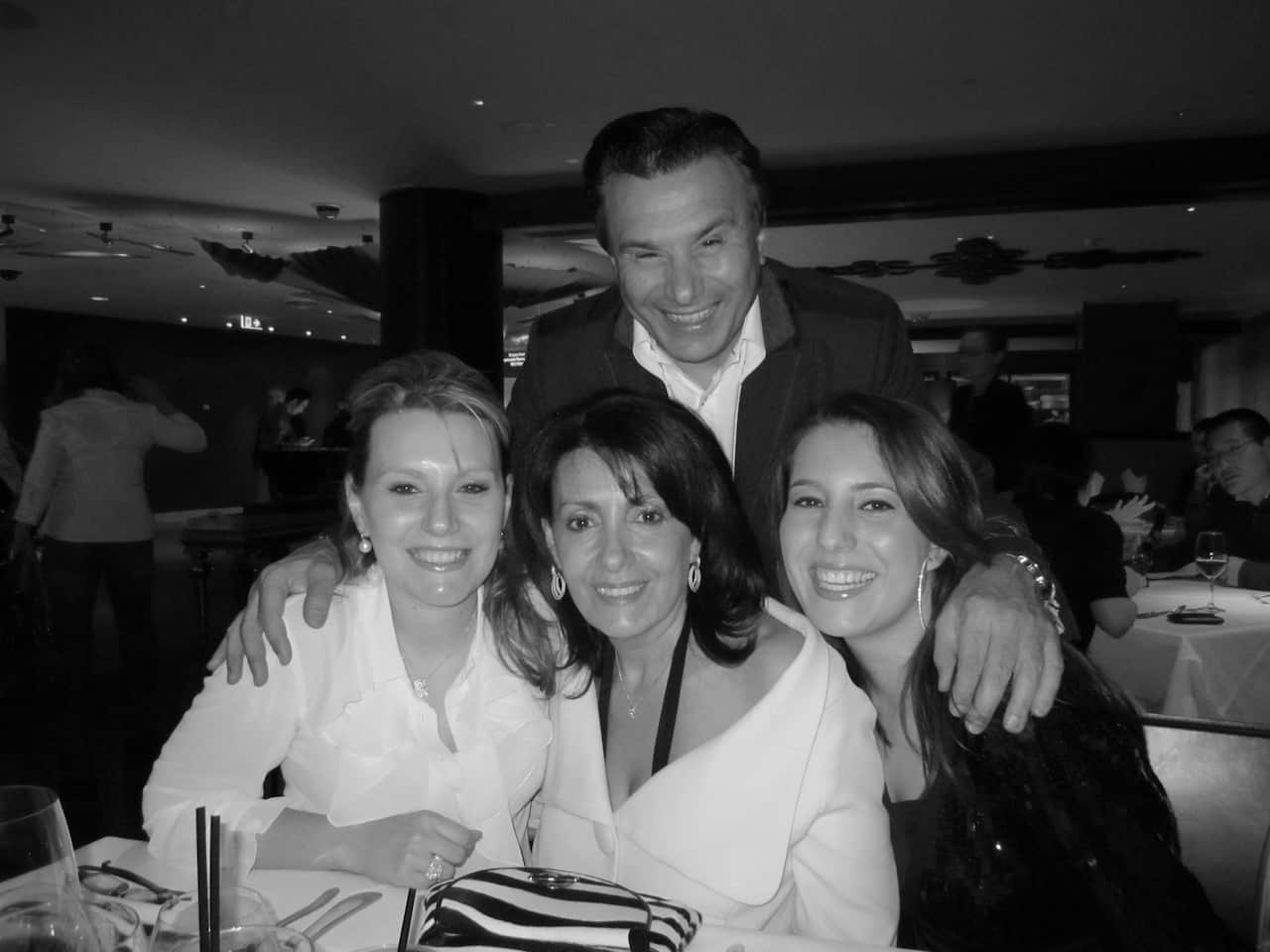 It’s on occasions such as this where Nicola can reflect on the last 45 years in business, realising life offers fewer gifts greater than gratitude.
It’s on occasions such as this where Nicola can reflect on the last 45 years in business, realising life offers fewer gifts greater than gratitude.

Nicola Cerrone's wife and children have taken more active roles in the business. (Supplied.) Source: Supplied
“When you’re fixing an 80-year-old woman’s little chain that her mother gave her 70 years ago and she brings you figs or tomatoes from her backyard or a bottle of wine her husband made, it’s the same as walking into a palace – it’s beautiful, it’s great,” Nicola says.
And being surrounded by others who share the same passion is the “ultimate gift”.
“It’s like winning a gold medal every day … I mean goodness - what greater pleasure is another human being going to give you?”
Share
Sharing business secrets of inspiring entrepreneurs & tips on starting up in Australia's diverse small business sector. Read more about Small Business Secrets
Have a story or comment? Contact Us


